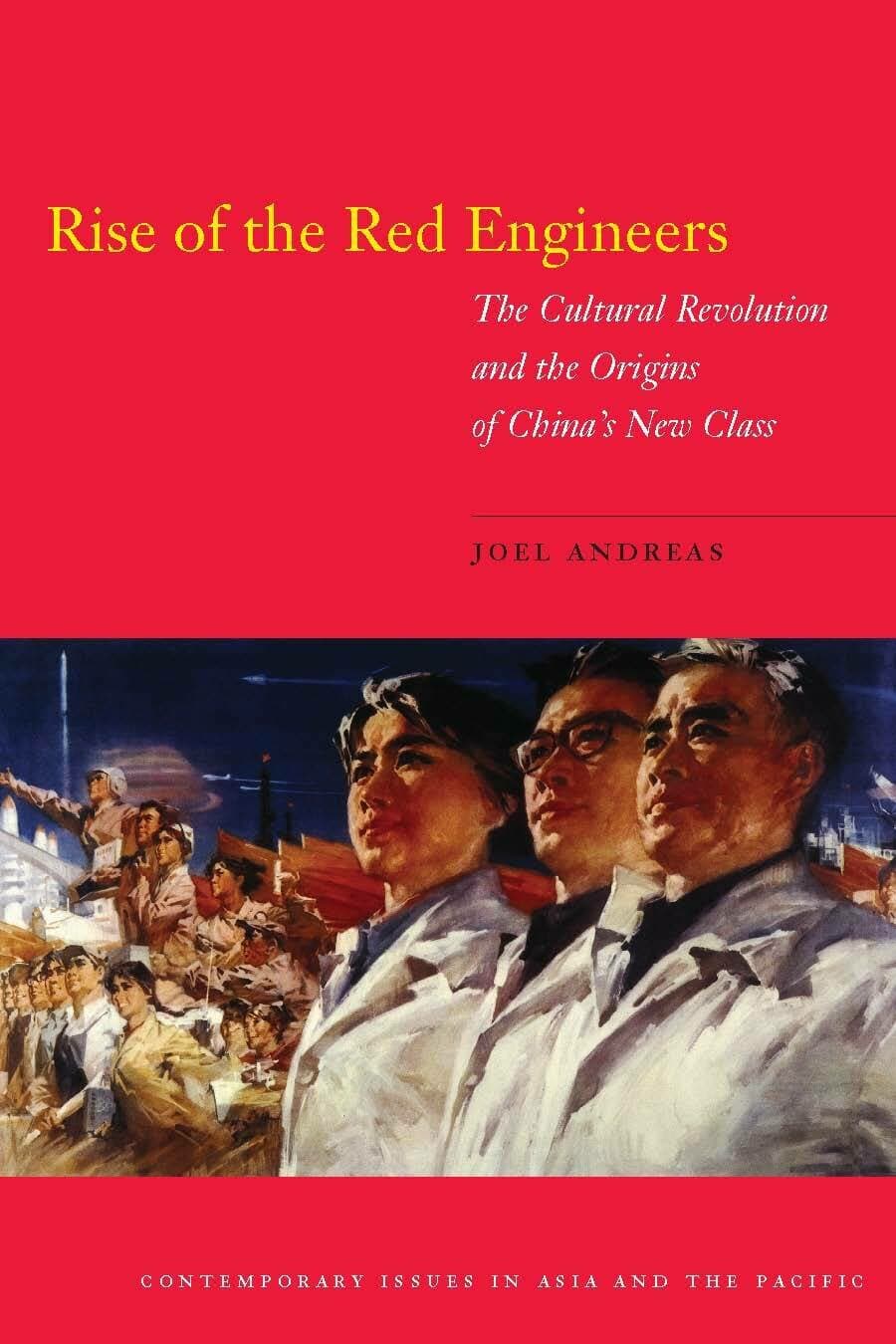Birth of the Geopolitical Age

From the 1850s until the mid-twentieth century, a period marked by global conflicts and anxiety about dwindling resources and closing opportunities after decades of expansion, the frontier became a mirror for historically and geographically specific hopes and fears. From Asia to Europe and the Americas, countries around the world engaged with new interpretations of empire and the deployment of science and technology to aid frontier development in extreme environments. Through a century of political turmoil and war, China nevertheless is the only nation to successfully navigate the twentieth century with its imperial territorial expanse largely intact. In Birth of the Geopolitical Age, Shellen Xiao Wu demonstrates how global examples of frontier settlements refracted through China's unique history and informed the making of the modern Chinese state. Wu weaves a narrative that moves through time and space, the lives of individuals, and empires' rise and fall and rebirth, to show how the subsequent reshaping of Chinese geopolitical ambitions in the twentieth century, and the global transformation of frontiers into colonial laboratories, continues to reorder global power dynamics in East Asia and the wider world to this day.
"By recounting the roles of academic disciplines and individual intellectuals in forming a spatial awareness of agricultural development and natural resource exploitation occurring in places distant from the corridors of power, Shellen Xiao Wu presents the pursuit of geopolitical power by economic and political elites through the construction of new forms of empire. Comparing and connecting her narrative of China's twentieth-century transformation with those in the U.S., Germany, and Japan, she offers a new global historical perspective on the emergence of China's contemporary importance."—R. Bin Wong, University of California, Los Angeles
"Shellen Wu has written an eye-opening study that centers China in the history of expansion into the great inland spaces by the world powers of the nineteenth and twentieth centuries. Readers will see the age of empire anew."—Charles S. Maier, Harvard University
"Wu's comparative and multidisciplinary approach is commendable, skillfully combining the contributions of geographers, agronomists and lawyers with the concerns of Chinese intellectuals during this period and revealing areas of controversy that have remained in the shadows."—François Gipouloux, The China Quarterly
"In Birth of the Geopolitical Age, Wu addresses a lacuna in the study of geopolitics, namely, the social, political, cultural, and scientific contexts from which the concept of geopolitics emerged.... [H]er work pushes readers to consider how to think about global and world history, not just East Asian history.... Recommended."—M. J. Wert, CHOICE
"Shellen Xiao Wu artfully packages a grand theory of 'geopolitical modernity' in detailed profiles of a colorful cast of characters, zooming in and out so both general readers and specialists can enjoy."—John Delury, Global Asia
"Birth of the Geopolitical Age seeks to disrupt the lines that have been drawn between empire and nation. To that end, Wu's notion of empire is elastic, extending beyond territorial sovereignty or even indirect governance."—Kate Merkel-Hess, Twentieth-Century China
"Birth of the Geopolitical Age is both an intellectually stimulating and methodologically innovative study. It challenges readers to critically engage with the historical roots of modern geopolitical conflicts and the enduring legacies of imperial ideologies. Wu's work not only affirms the relevance of history in understanding today's geopolitical challenges but also invites scholars to reassess its complexities with renewed urgency and imagination."—Stefan Messingschlager, European Review of History
"Birth of the Geopolitical Age by Shellen Wu is an ambitious journey exploring the intellectual history of the evolution of geopolitics as a field of knowledge from the 1850s to the 1950s."—Sayantani Mukherjee, Isis: A Journal of the History of Science Society
"Birth of the Geopolitical Age is a valuable contribution to the literature on China's 19th- and 20th-century political, economic, and social development. Placing this country's history in an explicitly international perspective is justifiably important, in large part because of how Chinese leaders responded to the conditions they faced—and worked to achieve their goals—was significantly conditioned by intellectual work done in other countries, even those half a world away."—Graham F. Odell, The Developing Economies
"Wu skillfully draws China into a larger, truly global narrative about science, territory, and the making of the modern nation-state. In doing so, her work shines a new light on the wider legacies of science and empire, offering new tools for understanding the world in which we live today."—Judd Kinzley, American Historical Review
"To call this book ambitious is an understatement, yet it befits the author's breadth of knowledge.... Wu's comparative approach underscores the common challenges and strategies of nations navigating the complexities of frontier expansion."—Q. Edward Wang, Pacific Affairs




